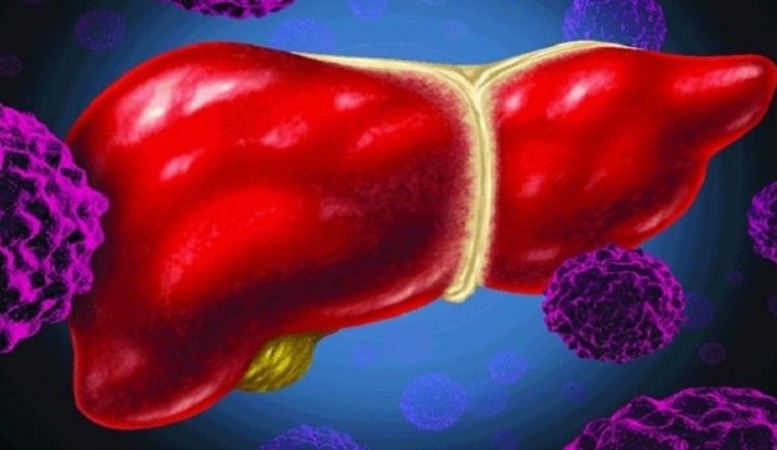
Molecular relationship between diabetes and fatty liver disease Health Study: A group of scientists from IIT Mandi said on Tuesday that they had found a biochemical relationship between type 2 diabetes and fatty liver disease, paving the way for new diagnostic methods and treatment options for fatty liver-induced diabetes.
According to the team, type 2 diabetes and non-alcoholic fatty liver disease (NAFLD) are frequently related, with almost 50 million adults in India suffering from both conditions. Recent surveys reveal that 40% of adults in India have NAFLD.
NAFLD is a standalone predictor of type 2 diabetes and insulin resistance.
"However, it was unclear how NAFLD affected the function of the insulin-releasing pancreatic beta-cells. We sought to determine the association between the accumulation of liver fat made from carbohydrates (a process known as "de novo" lipogenesis) and beta-cell failure "Dr. Prosenjit Mondal, an associate professor at the school of biosciences and bioengineering, made the statement. The Diabetes Journal reported the findings.
The research team examined blood samples taken from NAFLD patients and animals fed fat. High levels of the calcium-binding protein S100A6 were present in both samples (this protein is released by the fatty liver and serves as a communication link between the liver and the pancreas).
S100A6 impairs the beta-cells' capacity to secrete insulin, causing type 2 diabetes or worsening it if it already exists.
Biochemical analysis revealed that "S100A6" inhibits insulin release by turning on the pancreatic beta-cells' Receptor for Advanced Glycation End Product (RAGE).
The study also discusses the molecular and cellular processes linked to the fatty liver's secretion of "S100A6" and the detrimental effects this has on beta-cell insulin release.
However, this study demonstrates that eliminating the circulating S100A6 from blood can aid in maintaining beta-cell activity on a therapeutic level.
Study finds Smartphone app precisely detects Covid infection in voices
Poor diabetes control, sedentary lifestyle lead to heart attacks
Scientists are able to create "synthetic" embryos with brains and beating hearts.